The current state enterprise management mechanism is like a shirt that is too tight, so it is time to change to a new shirt and not interfere administratively in the operations of these enterprises.
 |
| State-owned enterprises need a sufficiently open mechanism to compete in business on an equal basis. Photo: Duc Thanh |
Let businesses decide their own production and business plans
This week, the last working week of the 8th Session, on the afternoon of November 29, the National Assembly will discuss in the hall the Draft Law on Management and Investment of State Capital in Enterprises (Draft).
Previously, the Draft was discussed by the National Assembly in groups with many opinions emphasizing the need to "untie" state-owned enterprises.
Presenting the draft law to the National Assembly, Deputy Prime Minister Le Thanh Long stated that the current law shows a detailed and narrow approach, limiting the autonomy of enterprises in using capital and assets in production and business activities.
Current regulations also demonstrate the State's "administrative intervention" in business operations, do not cover the management of State capital invested in enterprises, and do not include the arrangement and restructuring of State capital in enterprises.
The Deputy Prime Minister said that the Draft clearly defines that the State is the owner of capital investment, manages the capital contribution in the enterprise, and does not intervene administratively in the enterprise's operations. This amendment strengthens decentralization and is linked to the accountability of enterprises.
The draft stipulates that state-invested enterprises playing a leading role and holding a key position in the economy, enterprises managing important national infrastructure, and enterprises operating in the form of a group of companies including economic groups, corporations, parent companies, and subsidiaries must develop and have their business strategies approved. Other state-invested enterprises do not have to develop and have their business strategies approved under the provisions of this law.
During the review, there were opinions at the National Assembly's Finance and Budget Committee that the business plan is an administrative activity of the enterprise, and the ownership agency should not interfere in the preparation, approval and implementation of the enterprise's business plan.
Regarding the use of the Development Investment Fund in enterprises, the appraisal agency proposed specific regulations on authority, decision, scope, and content of use, ensuring the principle that state capital after being invested in enterprises is identified as assets and capital of the enterprise.
The viewpoint that delegates highly agreed upon when discussing in groups was that state capital invested in enterprises becomes the capital and assets of the enterprise.
"When capital becomes the capital of an enterprise, it needs to be clarified that the State becomes the owner of shares corresponding to the capital contribution ratio, not the capital manager," delegate Hoang Van Cuong (Hanoi) suggested.
Agreeing with the principle that State investment capital in enterprises must be preserved and developed, delegate Nguyen Manh Hung (Can Tho), Standing Member of the National Assembly's Economic Committee, was concerned that if this principle were mechanically applied to all projects and all investment activities of enterprises, it would cause difficulties for enterprises.
“If you invest in 10 projects, you may lose 4-5 projects, but the remaining projects are profitable and overall profitable, then the evaluation must be that the task has been completed well, because no business can make a profit from everything it does. This must be considered further so that we have a mechanism to protect managers and business operators,” Mr. Hung commented.
Chairman of the Board of Members of the Bank for Agriculture and Rural Development of Vietnam (Agribank), delegate Pham Duc An (Hanoi) commented that the current state enterprise management mechanism is like a shirt that is too tight compared to the operations of state enterprises. “In the past, joint stock and private enterprises only wanted to be favored like state enterprises, but now, state enterprises want a mechanism that is open enough like a joint stock enterprise, which can be open enough to compete in business in a fair and equal manner,” said Mr. An.
Evaluate the overall value delivered, not the individual tasks.
This amendment, according to delegate Pham Duc An, needs to shift from behavioral management to target management.
This new approach, according to delegate Pham Duc An, needs to consider a mechanism to evaluate the overall goals achieved by a state-owned enterprise, not directly focusing on a specific behavior. “That is, in 10 business decisions, there are 1-2 business decisions that may have certain mistakes, but not for personal goals, the overall business target that year is still achieved, then the responsibility should not be held against individuals,” Mr. An suggested.
The Chairman of Agribank suggested that this principle needs to be specified in the Government’s guidelines and regulations, as well as in the enforcement of law enforcement agencies. Only then will business people working in the public sector feel secure in carrying out their duties.
We should aim for management by objectives, instead of management by procedures, which is also the view of many delegates in other discussion groups.
Delegate Cao Manh Linh (Thanh Hoa) said that it is necessary to recalculate the management and supervision model for the activities of state-owned enterprises and the State's investment capital in enterprises. The ownership agency, instead of having to give too many opinions on the investment activities of enterprises, should focus on giving opinions on the charter of organization and operation, strategy and financial regulations of enterprises, and at the same time focus on assigning performance evaluation indicators from financial profits, innovation, and development of the economic and social goals of enterprises. On that basis, the owner will monitor and evaluate the implementation results with the assigned indicators and give opinions on profit distribution after the end of the fiscal year.
“It is necessary to minimize the need for owners to approve policies and give direction on investment activities, capital contributions, share purchases, project transfer contracts, etc.”, Mr. Linh suggested.
The business plan of a state-owned enterprise should be decided by the board of directors, as long as it preserves and develops state capital, while preventing and combating corruption, waste, and negativity. The government and management agencies have tools to guide, inspect, and supervise. The law must boldly decentralize and delegate power, with the viewpoint that public investment is implemented according to the Law on Public Investment, and the board of directors decides and is responsible for where the capital of the corporation or enterprise is invested, rather than asking for additional administrative assistance.
Prime Minister Pham Minh Chinh
In another discussion group, Prime Minister Pham Minh Chinh expressed his opinion that the state enterprise management model is currently unstable, because the country is still in the process of development. Therefore, the process of doing and researching is gradually expanding with the spirit of neither perfection nor haste, "what is good should be kept, what is not good should be eliminated".
The head of the Government emphasized: “Business activities must follow market rules, the rules of value, supply and demand and competition. They cannot be intervened with administrative measures. Administrative intervention distorts the market and is not in accordance with the rules and development thinking.”
According to the Prime Minister, when evaluating a business, it is necessary to evaluate the overall value it brings, not each task individually. For example, out of 10 tasks assigned, they may not do well in 2-3 tasks, causing losses, but the "overall positive" is preserving and developing capital.
“Private enterprises work very quickly, never bid, but do it very correctly. We bid for everything, but in the end there are still blue and red teams, and in the end there is continuous discipline. How can we learn from this experience?”, the Prime Minister emphasized and suggested reviewing and designing tools to encourage innovation, and resolutely abandoning the mindset that if we cannot manage, we must ban it.
Currently, according to the investment law, enterprises, branches, and dependent accounting units do not have the legal status to invest or propose project implementation. Therefore, in order to create fairness for state-owned enterprises in implementing investment procedures nationwide, promoting state-owned enterprise projects, and providing essential services such as electricity, banking, telecommunications, etc., it is recommended to study relevant legal regulations to supplement regulations on branches and dependent accounting units of parent companies and state-owned economic groups to invest in projects according to authorization regulations.
Delegate - Businesswoman Tran Thi Hien (Ha Nam)
Source: https://baodautu.vn/thay-chiec-ao-qua-chat-cho-doanh-nghiep-nha-nuoc-d230972.html





![[Photo] Prime Minister Pham Minh Chinh chairs meeting to remove difficulties for projects](https://vstatic.vietnam.vn/vietnam/resource/IMAGE/2025/3/30/7d354a396d4e4699adc2ccc0d44fbd4f)
![[Photo] Ministry of Defense sees off relief forces to the airport to Myanmar for mission](https://vstatic.vietnam.vn/vietnam/resource/IMAGE/2025/3/30/245629fab9d644fd909ecd67f1749123)







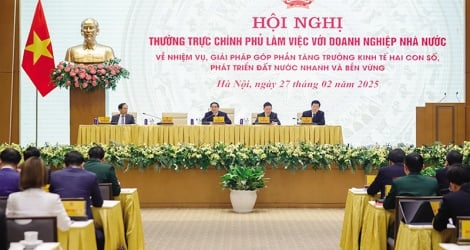

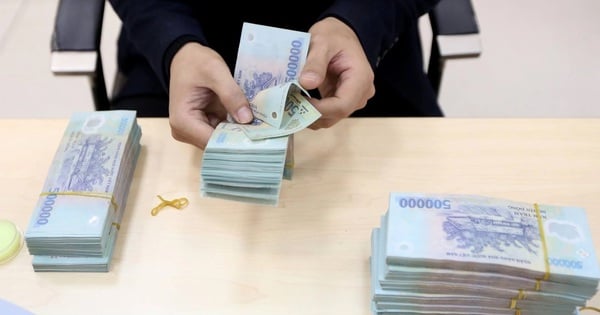

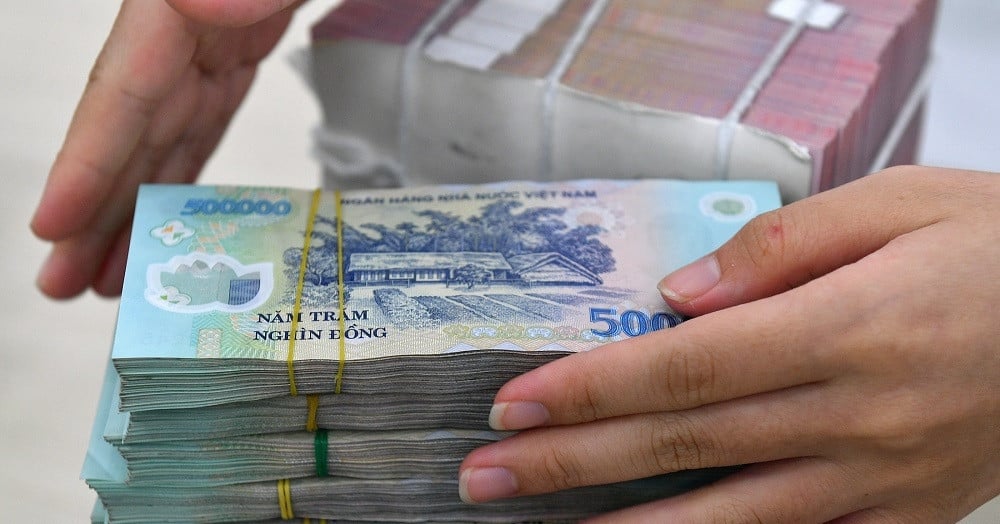











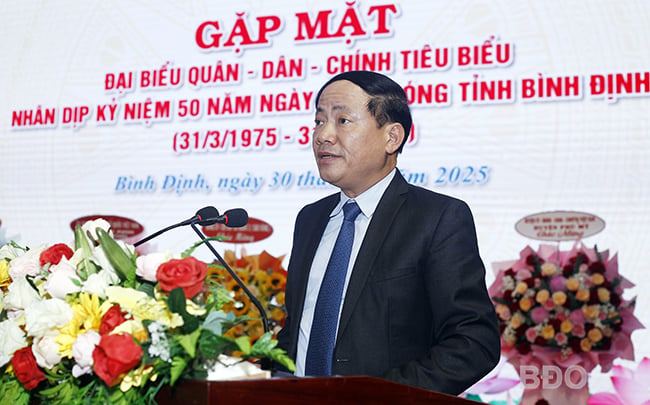

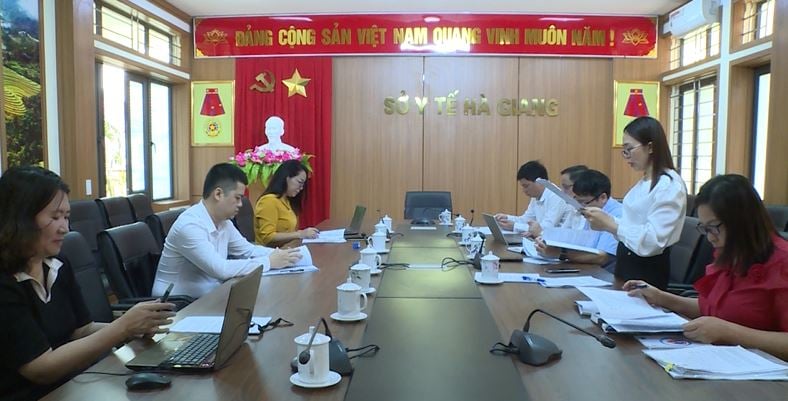


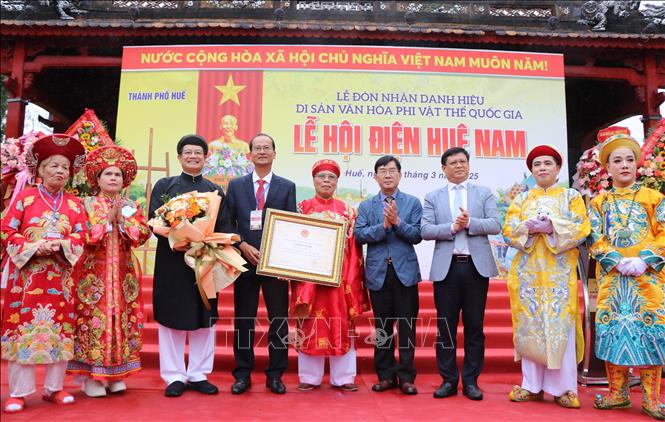



















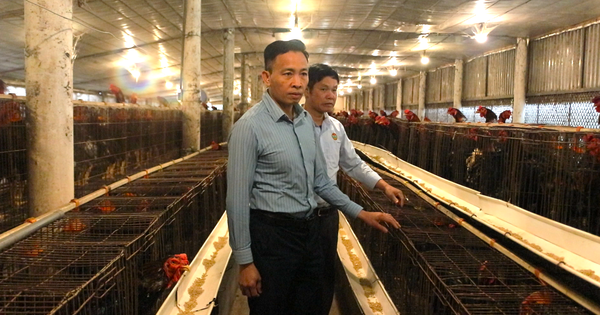














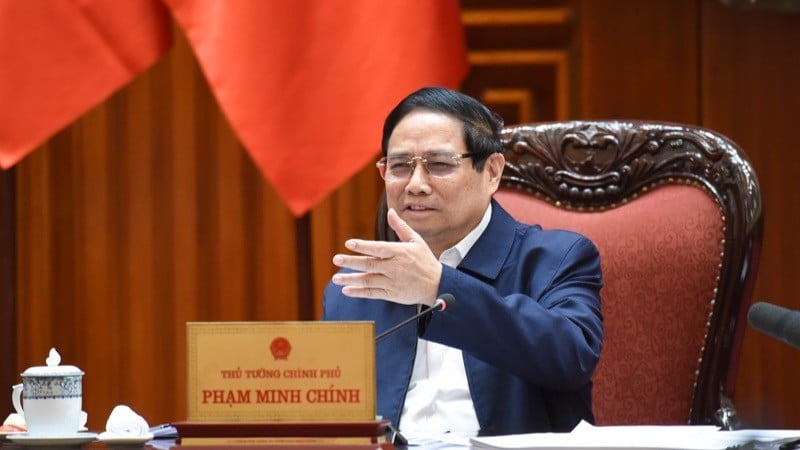
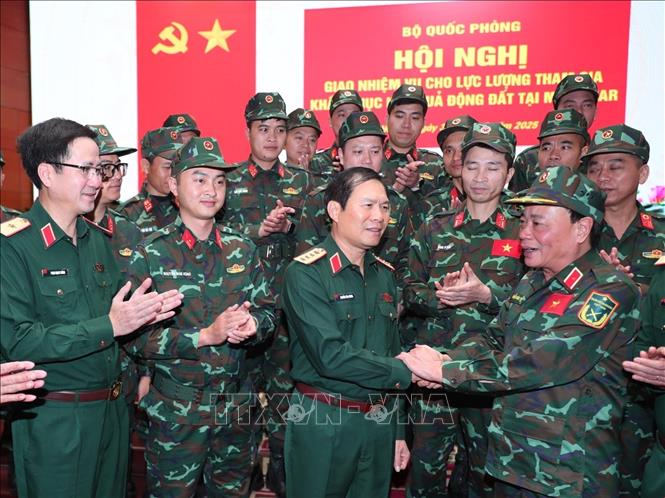
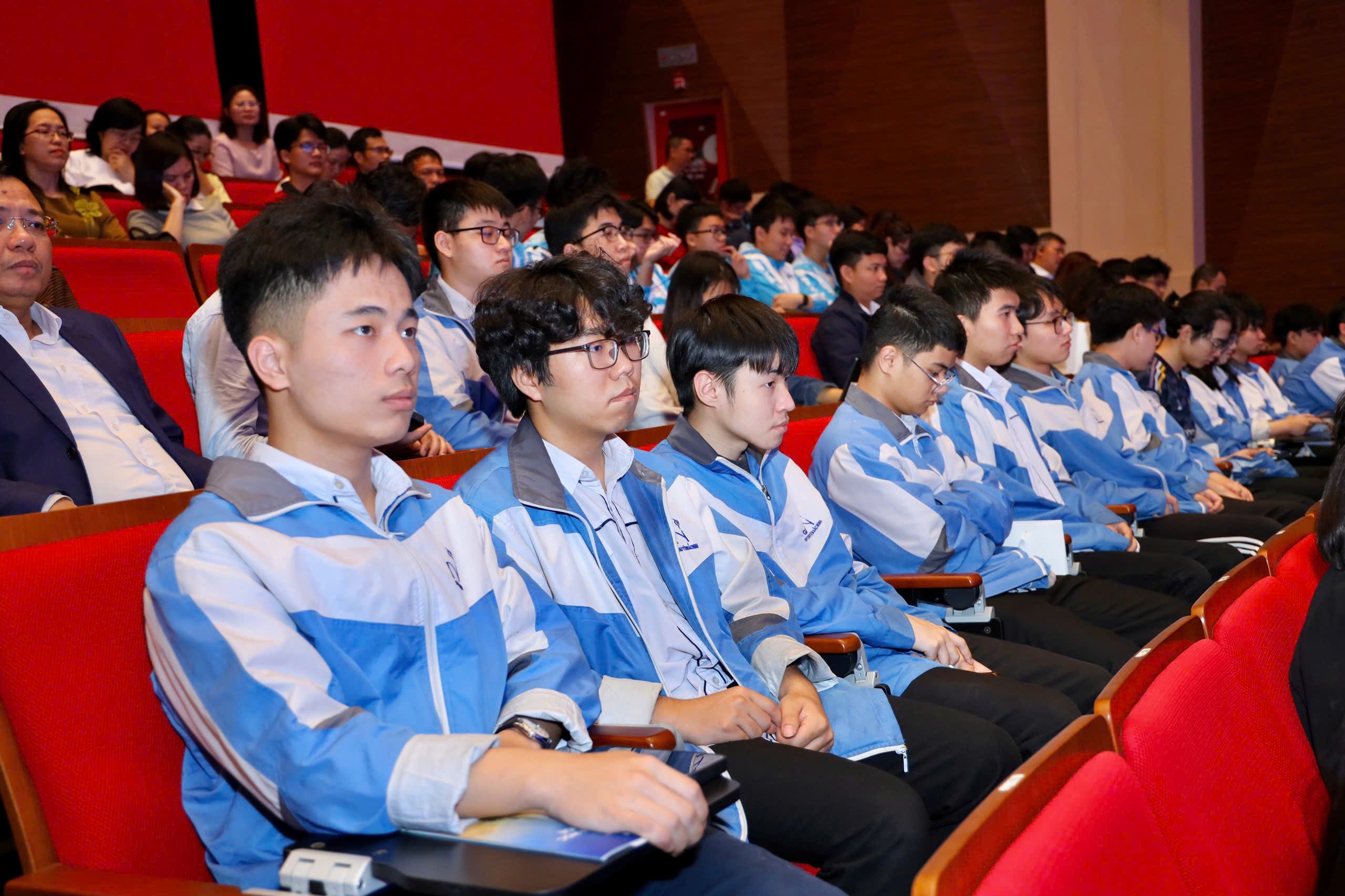

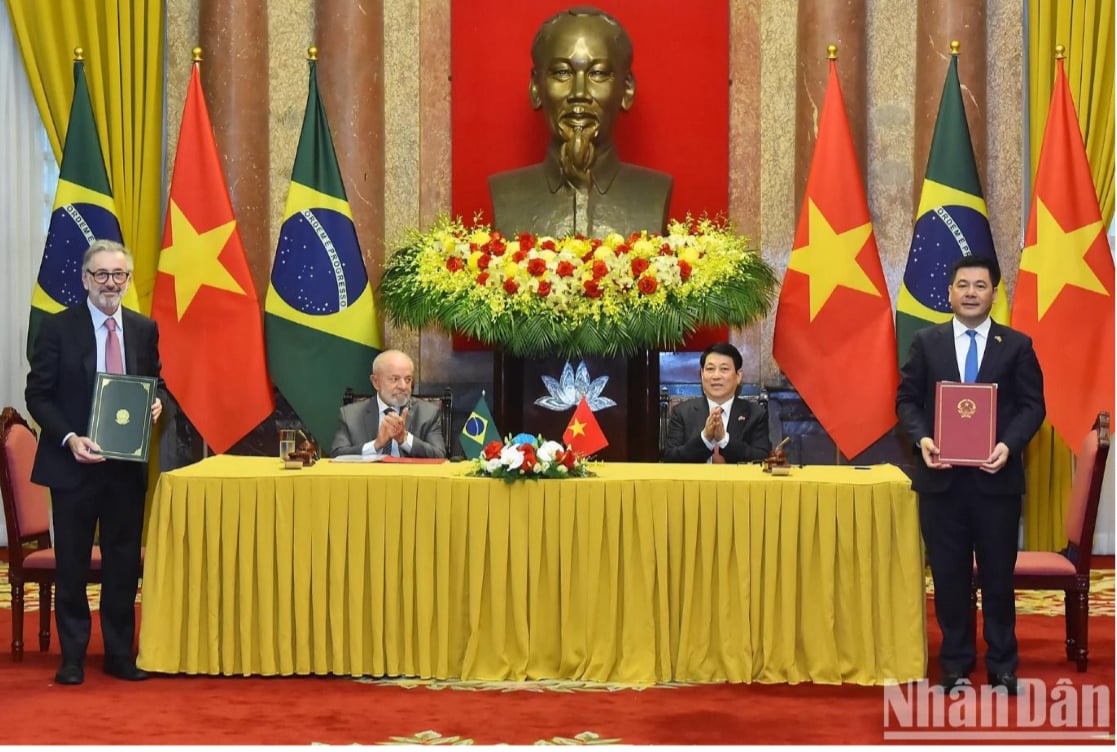






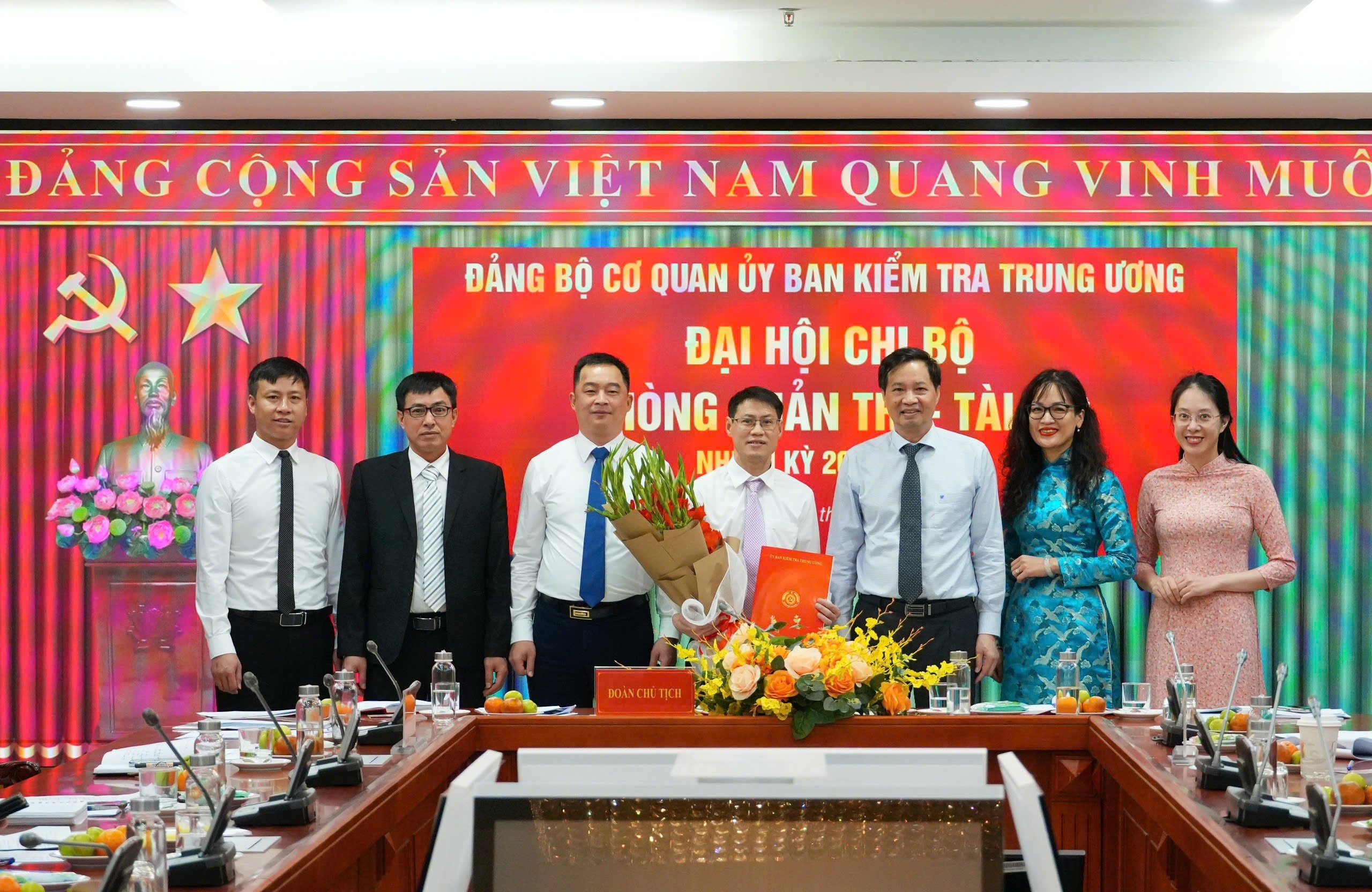






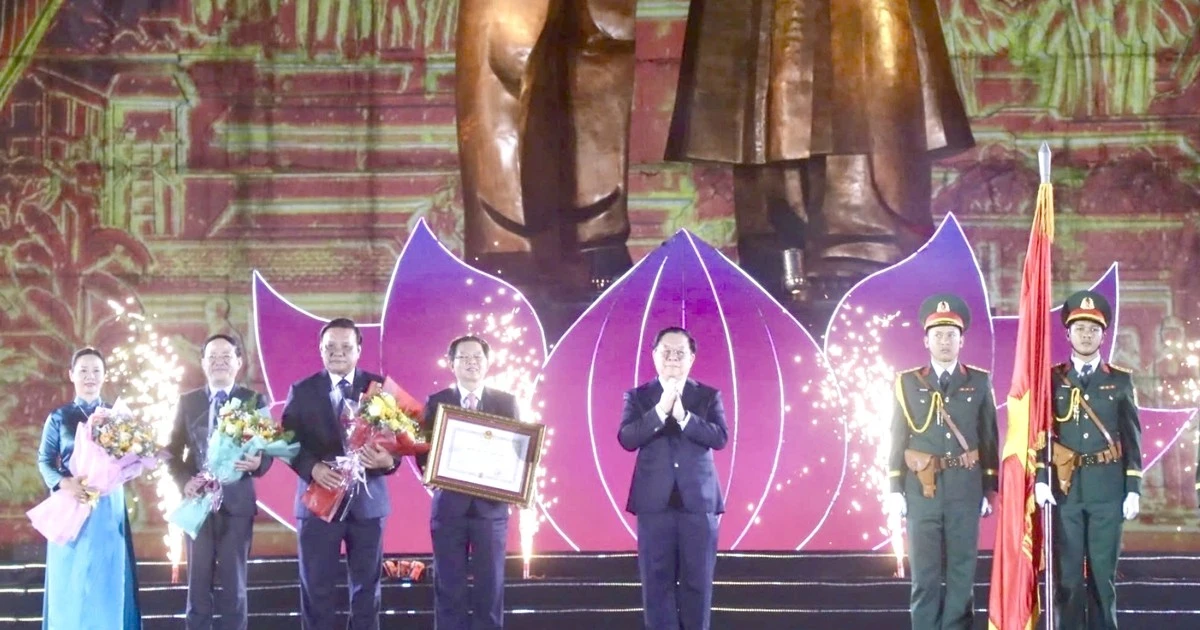



![[REVIEW OCOP] An Lanh Huong Vet Yen Cat](https://vstatic.vietnam.vn/vietnam/resource/IMAGE/2025/3/27/c25032328e9a47be9991d5be7c0cad8c)





Comment (0)